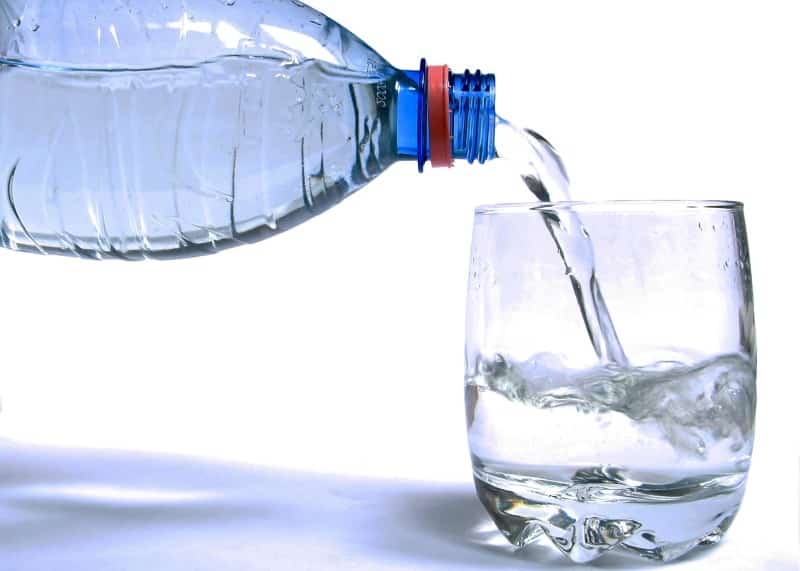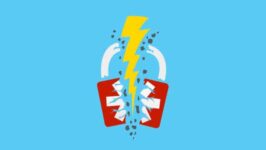Clean water is one of the very basic human needs. And as the world’s clean water sources continue to dry up, the imminent question is: how will mankind manage to get enough clean water in the coming years, decades and centuries.
Sometimes, certain environmental elements are overplayed and dramatized so that one is made to believe that a Blade-Runner-like future is just around the corner. But very often, there is more to climate changes and a grander view of these changes helps us shape a better understanding of it.
When it comes to the question of clean, potable water, Professor Upmanu Lall of Columbia University rightfully points out, “There’s a lot of hype around this issue.” The hype is a result of the panic which surfaces as soon as we hear that we are running out of global water reserves. The ice is melting, the water table is dropping and surely there is a shortage of potable water.
But Lall reassures that this simply requires us to be more efficient in our water consumption and find better irrigation methods and tools. As the shortage grows acuter, farmers all over the world will be hard-pressed to pay more for the precious water and consume it more scarcely. There’s also the fairly inexhaustible rain, says Lall, “The most common resource is rainfall, and that’s renewable. It’s nature’s way of treating water through a distilling mechanism.”
However, a look at the exploding global population does belie a troubling future for the planet’s water woes. Sooner or later, we as a species will have to confront the scarcity or inadequacy of the basic resources such as clean water. And then we will be faced with a choice of either finding new sources to exploit or devise lifestyles which adhere to more effective consumption of the available stock.
Courtesy:PopSci
[ttjad keyword=”android-phone”]




